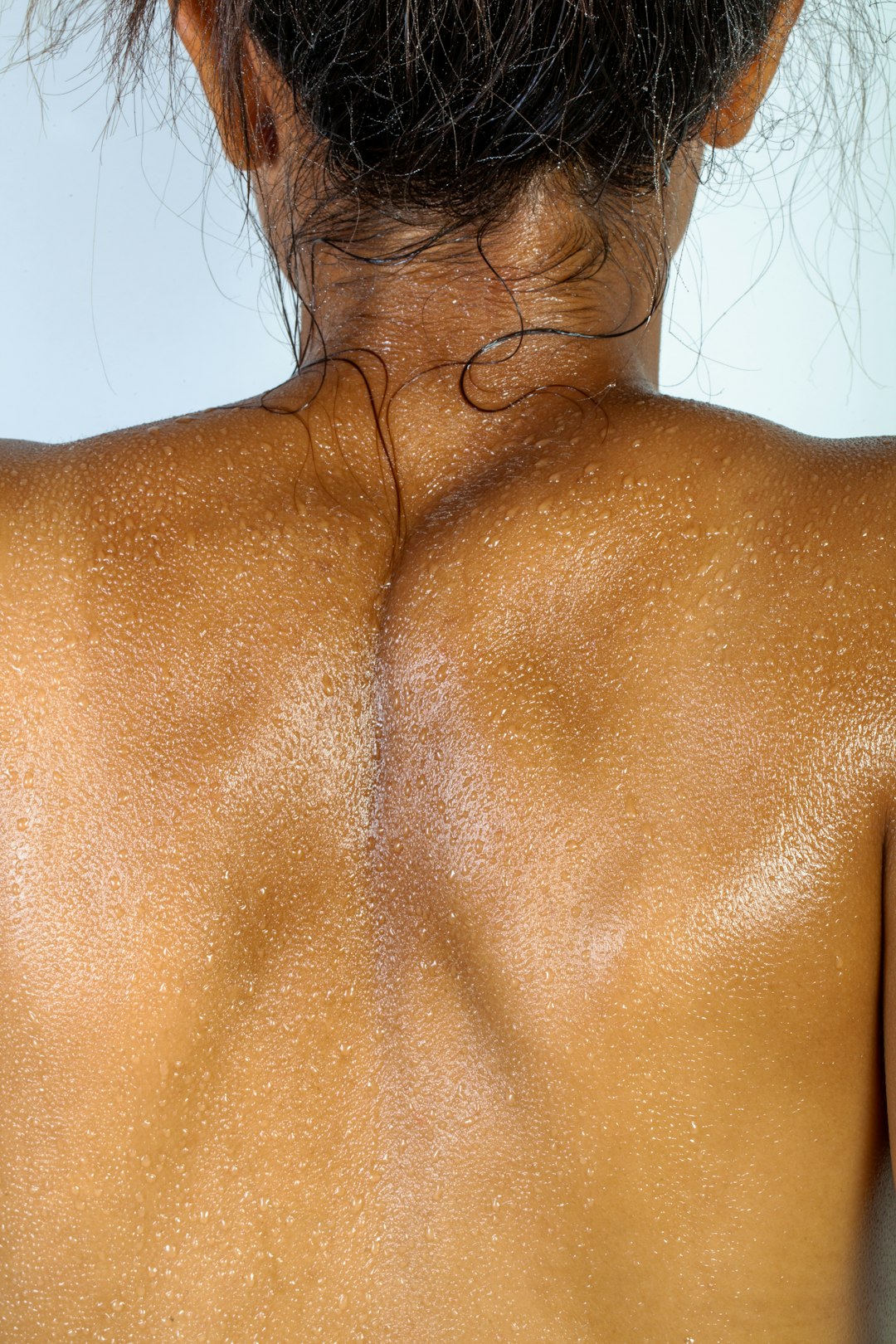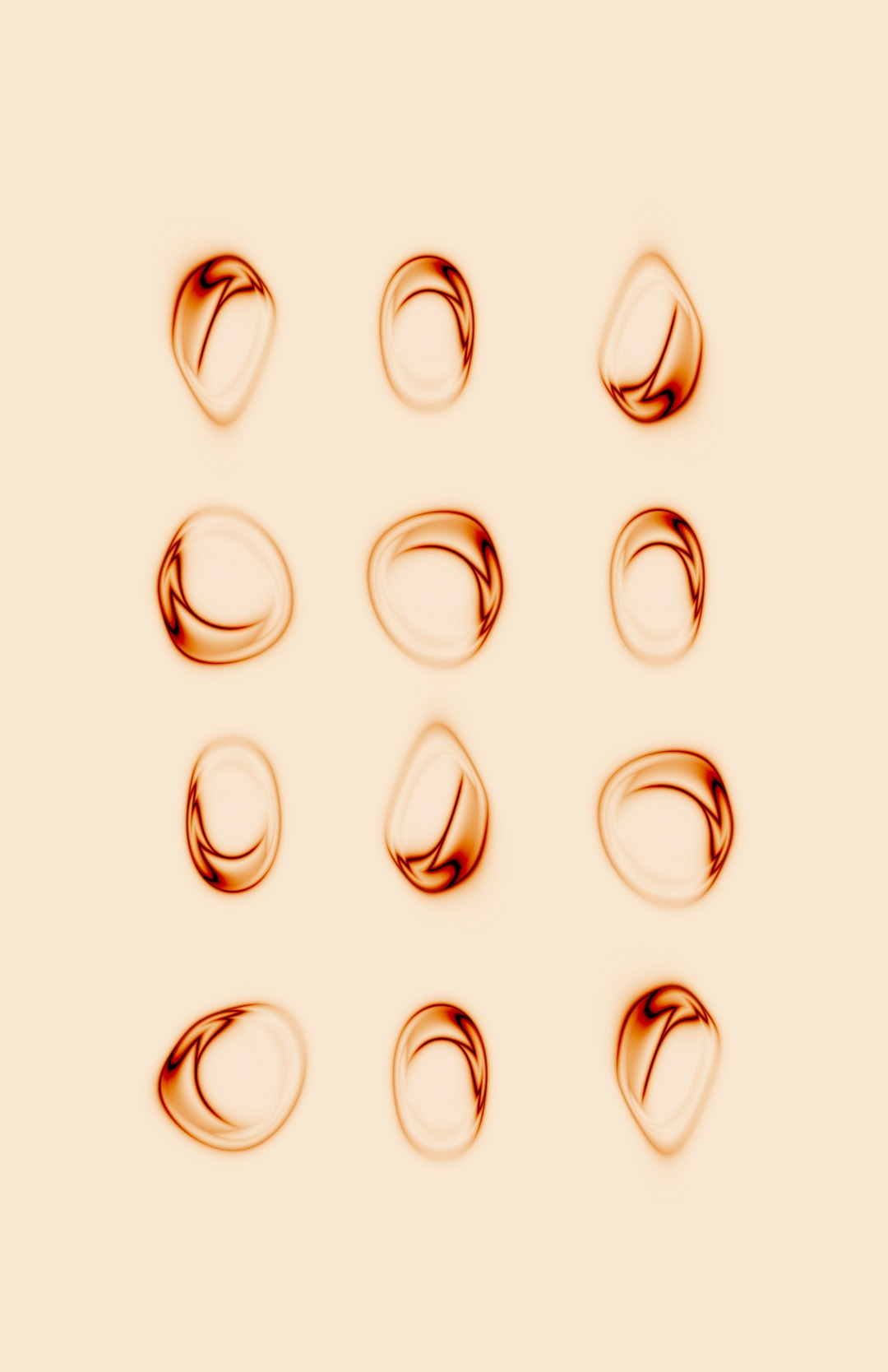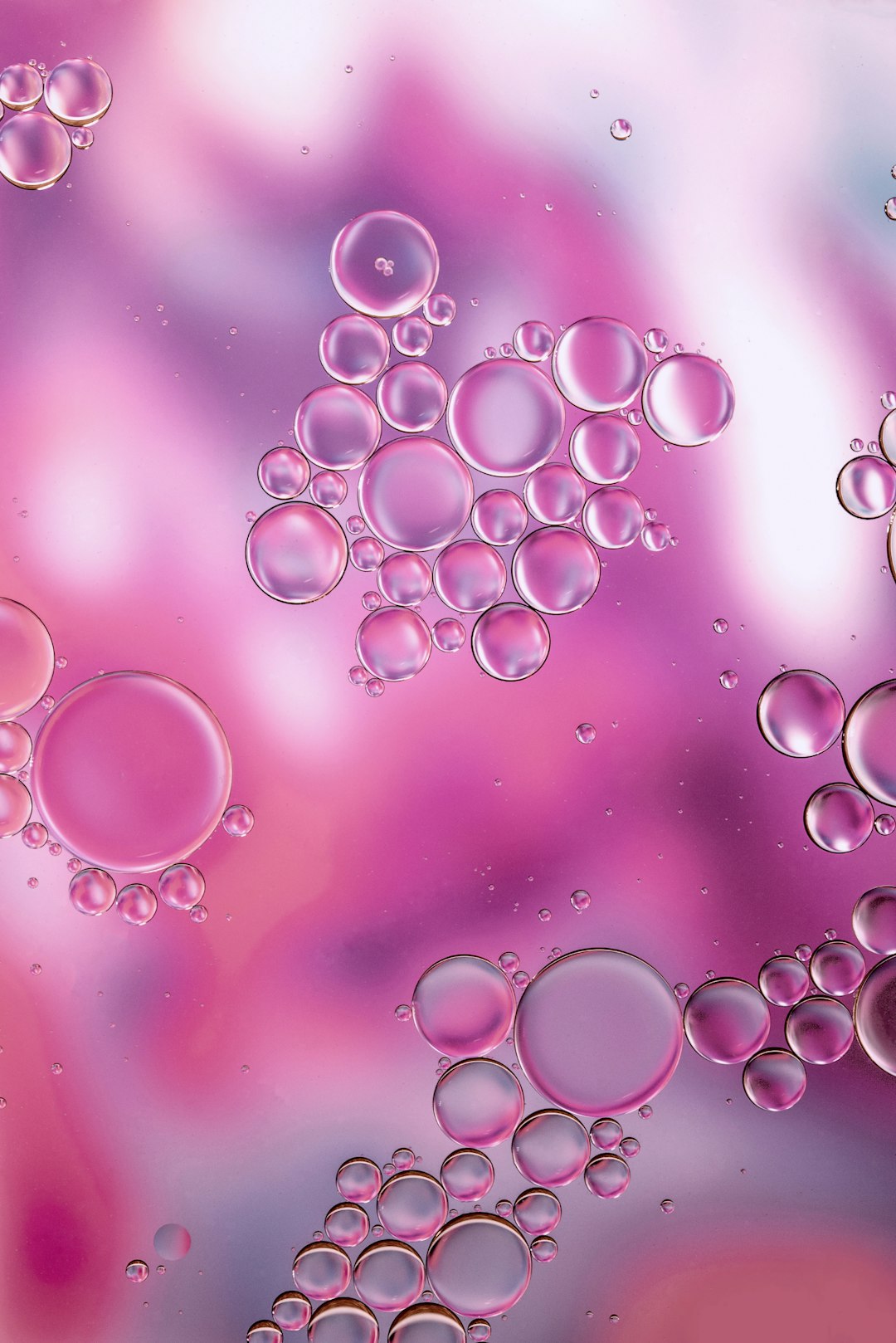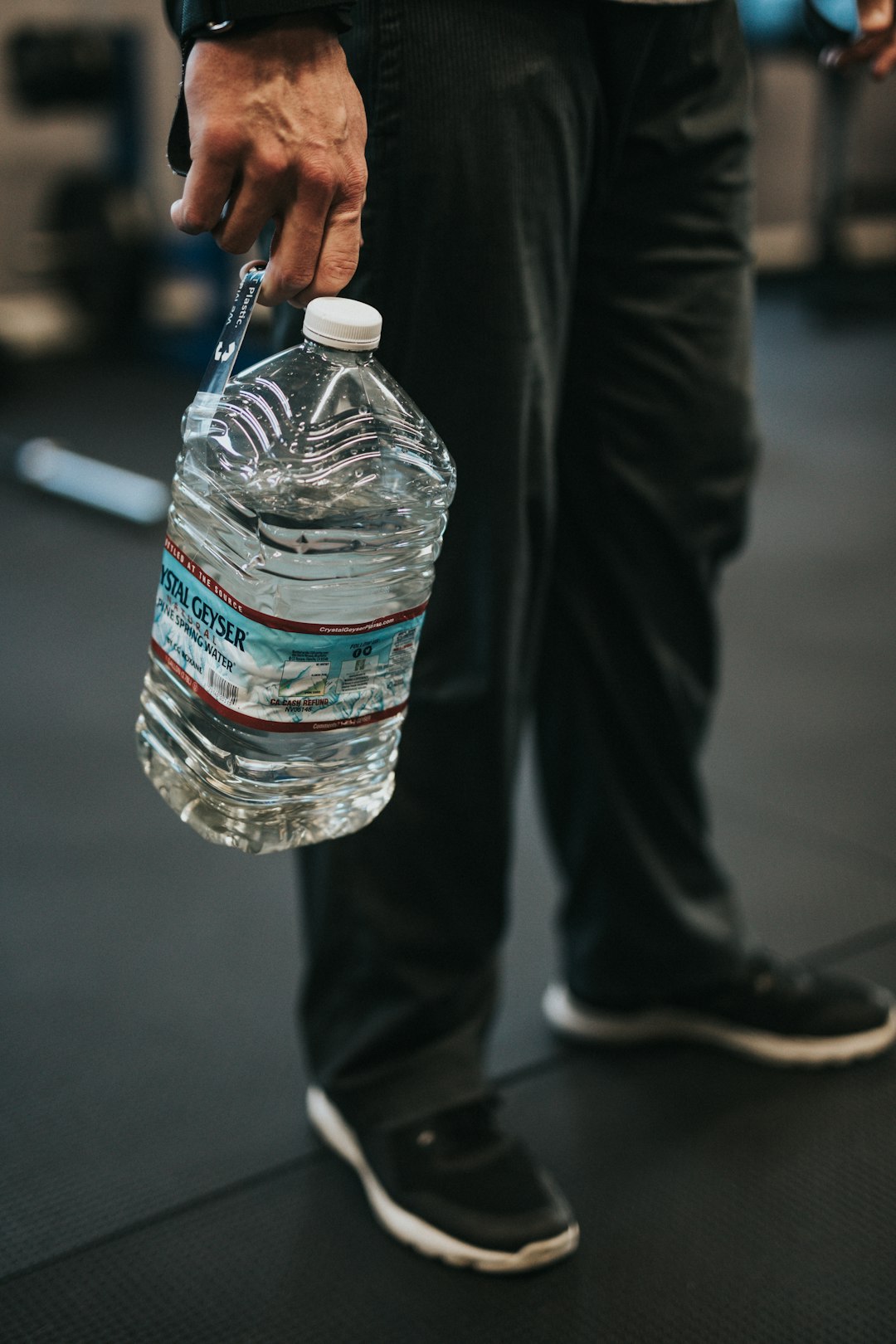Achieving that enviable glow isn't just about slathering on the latest trending serum—it's all about your skin barrier being your ride-or-die BFF. This built-in shield is like the Beyoncé of your skincare routine, working overtime like a true Virgo to protect you from pollutants, germs and moisture loss. Ever wondered why your looks like a gloomy day and feels like the Sahara after a chilly wind or an over enthusiastic exfoliation session? That's your skin barrier waving goodbye as it sets sail elsewhere. But don't stress! Understanding what keeps this barrier strong, like lipids and fatty acids, is the key to fixing a damaged skin barrier and keeping your glow game strong. Let's dive into how to keep your bestie happy so your skin glows year-round.

The Importance of a Strong Skin Barrier
Protecting Against Environmental Pollutants
Your skin barrier is like a bouncer at the hottest club in town, keeping the bad stuff out and letting the good vibes flow. Environmental pollutants, like smog and dirt, can wreak havoc, leading to breakouts and premature aging. These pollutants cough up unstable molecules called reactive oxygen species that steal elements from your skin cells leading to dryness, early-onset wrinkles, redness and dull skin. When your skin barrier is strong, it acts as a natural shield, preventing these destructive invaders from penetrating your skin. But if it’s compromised, you're left vulnerable to a sickly-looking complexion.
Use gentle cleansers to reduce and prevent irritation while washing away makeup, oil and sunscreen. Opt for a moisturizer packed with ceramides to reinforce your skin's natural defenses — think of it like adding more security when the crowd gets particularly unruly.

Protecting Against Acne-Causing Bacteria and Pathogens
Your skin's microbiome is part of your skin barrier. When disrupted, an overgrowth of naturally occurring bacteria can lead to a stubborn case of acne. Additionally, an out-of-commission barrier is more susceptible to external bacteria and viruses that can contribute to or infections.
Avoid harsh soaps that strip away natural oils and opt for products with ingredients like fatty acids and cholesterol to nourish your skin. It's like giving your skin barrier a protein shake to bulk up its defenses. A sign your barrier may be weakened is if your skin tingles or burns after using non-active cleansers. By maintaining a strong skin barrier, you're not just keeping your skin clear and healthy; you’re also playing defense against those invisible threats.
Preventing Excessive Moisture Loss
A strong skin barrier locks in moisture, keeping your skin hydrated and plump. When it’s compromised, you might notice dryness, flakiness, and a tight or "squeaky clean" feeling after cleansing. To prevent excessive moisture loss, focus on skincare products that contain humectants like hyaluronic acid and glycerin. These ingredients act like magnets, drawing water into your skin. You risk stripping away your skin’s natural moisture when you indulge in hot showers or use strong exfoliants too frequently. So, be gentle and opt for lukewarm water and hydrating masks. Keeping your skin barrier strong ensures that your skin stays dewy and glowing, even when the weather tries to dry you out.

Factors Affecting Skin Barrier Integrity
Harsh Weather Conditions
Whether it’s the biting cold of winter or the scorching heat of summer, extreme conditions can seriously mess with your skin barrier. Cold air tends to have less humidity, leaving your skin dry and vulnerable. On the flip side, excessive heat can increase irritation. Switch up your skincare routine with the seasons to combat harsh weather conditions. In winter, layer on rich moisturizers and use a humidifier indoors. Come summer, opt for lightweight, non-comedogenic products to let your skin breathe. Protecting your skin from the elements is like giving it the proper gear to weather any storm.

Over-Exfoliation
Exfoliation delivers quick smoothing and brightening results, but overdoing it leads to irritation, dehydration and more breakouts. To avoid these pitfalls, limit your exfoliation to two or three times per week, depending on your skin type. Choose gentler physical exfoliants with smooth particles like rice or jojoba beads or chemical exfoliants like AHAs and BHAs. Remember, your skin barrier needs time to recover and rebuild, so give it a break between exfoliation sessions.
Exfoliation can help reach the glow, but pairing it with proper skin barrier maintenance is how you keep it.

Product Irritation
Ever been excited to try a new skincare product only to notice breakouts, dryness and dullness? Your skin barrier can have an inflammatory reaction to ingredients like fragrance, plant extracts or strong actives. Everyone's skin is different and may be more or less tolerant to various ingredients. Protect your skin barrier by doing patch tests when trying new products and introducing them one at a time with a week in between.
If you’ve noticed your skin feeling more sensitive or red, it might be time to audit your skincare shelf and ditch the culprits. It can take up to several weeks and several uses of a product before your skin rebels. Keep your routine as consistent as possible and pare back to gentle cleansers, hydrators, moisturisers and SPF if and when things go awry.
Key Components of Skin Barrier Health
Lipids
Lipids are the unsung heroes of your skin barrier, acting as the glue that holds everything together. They are essential fats that form the outermost layer of your skin, keeping it hydrated and plump. Imagine bricks without mortar—without lipids, your skin cells can’t stay in place to form a waterproof layer. Lipids include ceramides, cholesterol, and fatty acids which are all crucial for maintaining the skin's resilience. When your skin lacks these lipids, you may notice more dryness, sensitivity, and even breakouts.
To support this vital layer, incorporate products containing these lipids into your skincare routine. By ensuring your skin gets the right amount of these fats, you can help maintain a healthy, effective barrier that keeps your complexion glowing and protected from the elements.

Essential Fatty Acids
Essential fatty acids (EFAs) play a crucial role in keeping skin strong and healthy. These fats, such as omega-3 and omega-6, are vital for maintaining your skin’s hydration and elasticity. Elasticity is responsible for the "bounce" of youthful-looking, plump skin.
Your body can’t produce EFAs, so you need to get them through your diet or skincare products. Topically, look for products with ingredients like linoleic acid and evening primrose oil — even if you have oily skin. Oils higher in linoleic acid like seabuckthorn oil have demonstrated the ability to balance oil secretions for fewer breakouts and less shiny foreheads.
Give your skin these building blocks to maintain a robust barrier that keeps your skin looking youthful and resilient.

Natural Moisturizing Factors
Natural Moisturizing Factors (NMFs) are like the skin’s own hydration squad, working tirelessly to keep your skin soft and supple. Made up of elements like amino acids, urea, hyaluronic acid and lactic acid. These components attract and retain water, maintaining the skin's moisture levels. Picture them as tiny sponges embedded in your skin, soaking up hydration from the environment. Moisture is the cornerstone of glowing skin. When your NMF levels are optimal, your skin feels smooth and looks radiant. When they’re depleted—often due to harsh cleansers or environmental stressors—you might experience dryness and tightness. To support your skin's natural moisture, incorporate products that mimic or enhance NMFs, like those containing hyaluronic acid, glycerin and other humectants.

